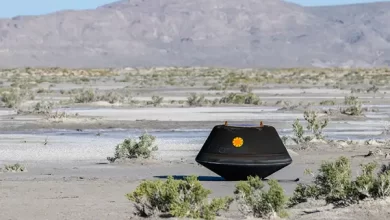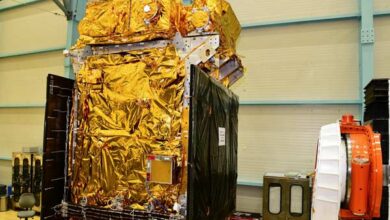Citizen scientists discover two brown dwarf objects

Astronomers, with the help of Citizen Scientist, have discovered two brown colored dwarfs objects of gas and a ball of gas that do not have lights as they usually do in stars. In other words, they do not have the ability to power themselves like stars. Scientists are also surprised to see the amount of iron in it as it is very less. These surprising objects have been detected under the ‘Backyard World Planet 9 Project’ released from the funds given by NASA. Their weight is about 75 times the weight of Jupiter and they have been in space for almost 10 billion years.
Both of these planets-like objects have been detected in a strand of Milky Way’s old stars. With the help of this new discovery, astronomers will study about planets outside our solar system. It used data from NASA’s NEOWISE (Near-Earth Object Wide-Field Infrared Survey Explorer) satellite. Also, all the astronomical information compiled between 2009 and 2011 was also included in it.
Scientists are shocked to see this in infrared light
These brown dwarfs looked somewhat different when these they were seen under a special wavelength of infrared light. They do not match any stars or planets. Scientists are shocked to see them because they contain very small amounts of iron. Usually a brown dwarf should contain 30 times more iron and other metals than this newly found dwarf. One of these brown dwarfs has only 3 percent iron. Scientists believe that much older exoplanets contained less amount of metal. After seeing these dwarfs, it is decided that more such objects can be found in the future.
Exoplanet may be quite old
Scientists have named these new objects as ‘first extreme T-type subdwarfs’. Astrophysicist Marc Kuchner pointed out, “These dwarfs correspond to a much more ancient exoplanet and will aid in the study of planets outside the solar system.” Kuchner is the Principal Investigator of Backyard Worlds: Planet 9 and the Citizen Science Officer of NASA’s Science Mission Directorate.









